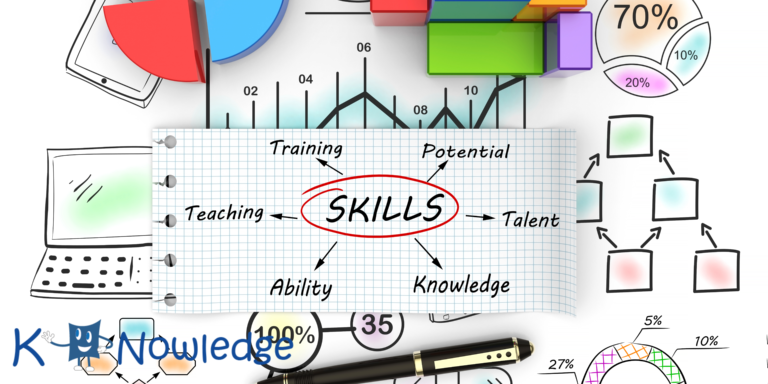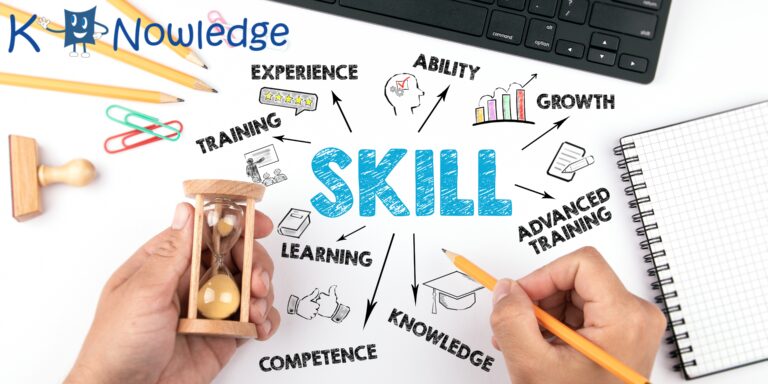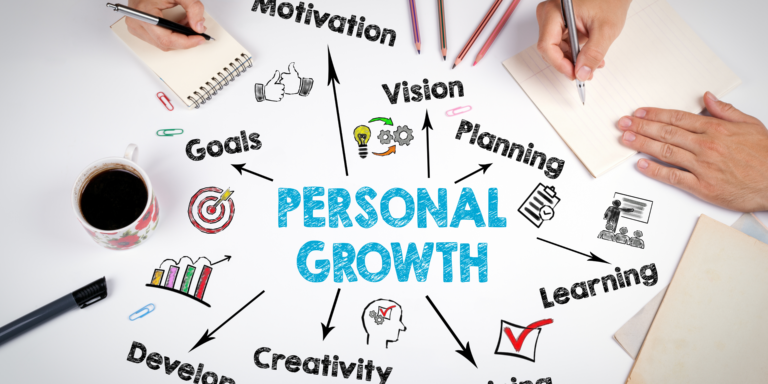Essential Soft Skills: The Key to Unlocking Career Success

In today’s competitive job market, possessing essential soft skills is no longer a mere advantage; it’s a necessity. Soft skills, also known as interpersonal skills or people skills, are those intangible qualities that enable individuals to interact effectively with others and navigate the complexities of the workplace. They complement hard skills, which are the technical abilities and knowledge required to perform a specific job.
What are Soft Skills?
Soft skills encompass a wide range of abilities, including leadership, teamwork, problem solving, time management, effective communication with others, and adaptability. These skills are essential for building strong relationships, resolving conflicts, and achieving success in any career.

Why are Soft Skills Important?
- Increased Productivity: Employees with strong soft skills are more productive because they can collaborate effectively, communicate their ideas clearly, and manage their time efficiently.
- Improved Teamwork and Collaboration: Soft skills enable individuals to work harmoniously with others, share ideas, and contribute to a positive work environment.
- Enhanced Problem-Solving: Employees with strong soft skills can identify and analyze problems, generate creative solutions, and make informed decisions.
- Increased Adaptability: As technology, competition, and customer preferences evolve at breakneck speed, adaptability becomes the ultimate business differentiator. Soft skills help individuals embrace change, learn new skills, and adapt to new technologies.
- Stronger Leadership: Effective leaders possess strong soft skills, such as motivation, inspiration, and the ability to delegate and make decisions.
Types of Essential Soft Skills
1. Communication Skills:
-
- Verbal communication: The ability to express ideas and thoughts clearly and concisely.
- Written communication: The ability to convey information effectively in written form.
- Active Listening: This skill involves paying close attention, comprehending, and responding aptly to the communication of others.
2. Interpersonal Skills:
-
- Teamwork: the art of combining individual talents into a unified force, marching towards a shared objective.
- Collaboration: The ability to work effectively with others to achieve shared objectives.
- Empathy: the ability to step into another’s shoes, to feel their joys and sorrows, and to navigate challenges through the lens of their experiences.
- Conflict Resolution: The ability to identify and address conflicts with constructive solutions
3. Problem-Solving Skills:
-
- Critical Thinking: The ability to evaluate data critically, pinpoint issues, and devise effective solutions.
- Analytical Thinking: The capability to deconstruct complex issues into simpler, more handleable components.
- Creative thinking: The ability to generate new and innovative ideas to solve problems.
4. Adaptability and Flexibility:
-
- Openness to change: The willingness to embrace change and adapt to new situations.
- Ability to learn new things quickly: The ability to acquire new knowledge and skills rapidly.
- Willingness to embrace new challenges: The eagerness to step outside of one’s comfort zone and take on new challenges.
5. Time Management Skills:
-
- Prioritization: The ability to identify and prioritize tasks based on their importance and urgency.
- Organization: The aptitude for efficiently managing both time and resources.
- Efficiency: The proficiency in accomplishing tasks promptly and precisely.
6. Leadership Skills:
-
- Motivation: The talent to encourage and drive others towards achieving their aspirations.
- Inspiration: The ability to create a vision and inspire others to work towards it.
- Delegation: The ability to assign tasks to others and empower them to complete them.
- Decision-making: The ability to make informed decisions in a timely manner.
Developing Essential Soft Skills
- Self-Assessment:
- Identify your strengths and weaknesses: Reflect on your current soft skills and identify areas for improvement.
- Seek feedback: Ask mentors, colleagues, or friends for constructive criticism.
- Set Goals:
- Define specific soft skills you want to improve: Set clear and achievable goals for your soft skill development.
- Create a Development Plan:
- Outline steps to achieve your goals: Develop a structured plan that includes specific actions and timelines.
- Seek Opportunities to Practice:
- Volunteer: Volunteer your time to organizations or causes you care about.
- Take on new challenges: Step outside of your comfort zone and take on new responsibilities.
- Join clubs or groups: Join professional organizations or clubs to network and practice your soft skills.
- Get Feedback:
- Ask for feedback from mentors, colleagues, or friends: Regularly seek feedback to track your progress and identify areas for improvement.
- Invest in Training and Education:
- Attend workshops, webinars, or courses: Invest in your personal development by attending training programs or taking online courses.
Overcoming Challenges in Developing Soft Skills
- Fear of Failure:
- Embrace mistakes as learning opportunities: Understand that mistakes are a natural part of the learning process.
- Build confidence through small successes: Celebrate your accomplishments, no matter how small.
- Lack of Confidence:
- Build confidence through practice: Practice your soft skills in different settings to build confidence.
- Seek opportunities to lead: Volunteer for leadership positions or take on leadership roles in projects.
- Resistance to Change:
- Embrace change as a chance for growth: View change as an opportunity to learn and grow.
- Be open to new ideas: Be receptive to new ideas and perspectives.
- Limited Opportunities to Practice:
- Create opportunities through volunteering or joining clubs: Volunteer your time or join clubs to practice your soft skills.
- Seek out opportunities at work: Look for opportunities to take on new responsibilities or lead projects at work.
Tips for Highlighting Soft Skills in Job Applications and Interviews
Tailor Your Resume to the Job Description:
When crafting your resume, carefully review the job description to identify the essential soft skills required for the position. Highlight these skills prominently in your resume, using specific examples and keywords to demonstrate your proficiency. Enhancing these skills can make your resume more appealing to prospective employers and boost your chances of securing an interview.
Prepare Specific Examples:
During your job search, it’s crucial to be prepared to provide specific examples of how you’ve successfully utilized soft skills to achieve positive outcomes in your previous roles. Prepare a repertoire of stories or anecdotes that showcase your soft skills in action, such as how you resolved a conflict, collaborated effectively on a project, or adapted to a challenging situation. These examples will help you articulate your soft skills during interviews and demonstrate your value to potential employers.
Practice Answering Common Interview Questions:
Anticipate common interview questions that focus on soft skills, such as “Can you describe a time when you had to work effectively with a difficult colleague?” or “How do you prioritize and manage multiple tasks simultaneously?” Practice answering these questions confidently and concisely, using the STAR method (Situation, Task, Action, Result) to structure your responses. This will enable you to clearly communicate your soft skills and leave a lasting impression on the interviewer.
Showcase Your Soft Skills through Your Body Language and Communication Style:
During an interview, your body language and communication style play a significant role in conveying your soft skills. Maintain eye contact with the interviewer, speak clearly and confidently, and use positive body language to project an air of professionalism and competence. Additionally, actively listen to the interviewer’s questions and respond thoughtfully, demonstrating your ability to communicate effectively and engage in meaningful conversation.
Remember: Soft skill development is a continuous journey, not a one-time destination. By embracing a growth mindset, actively seeking opportunities to learn and improve, and consistently practicing your skills, you can unlock your full potential and achieve remarkable success in all aspects of your life.
Source : Knowledge Blog






